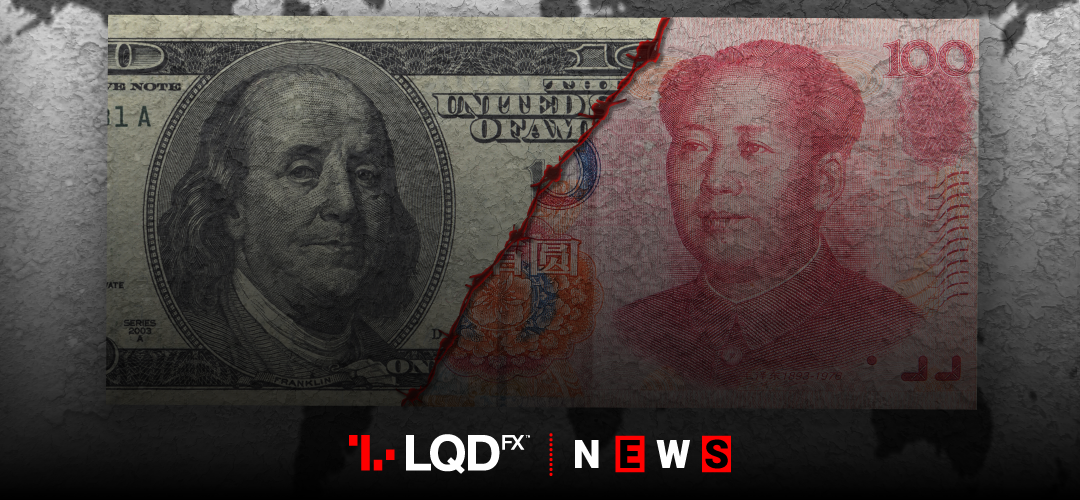The Chinese yuan has dropped more than 3% against the US dollar in the past two weeks as trade war between the world’s two biggest economies has escalated.
China’s commerce ministry said on Thursday it would carefully monitor U.S. legislation process on inbound investments. The country opposes using national security in response to U.S. President’s statements on Wednesday. Trump announced he will use an existing government body that evaluates individual corporate deals for national security risks. Through this body he intends to deal with threats from Chinese investments to acquire U.S. technologies instead of imposing China-specific restrictions.
What else apart from Chinese Yan fall?
- ECB will publish its new overnight reference rate by October 2019, wishing to become a new benchmark after confidence in previous indicators was shaken.
- US President Donald Trump and the Russian President Vladimir Putin will hold a summit in Helsinki on July 16.
- Satellite photos indicate North Korea making infrastructure improvements to its Yongbyon Nuclear Scientific Research Centre. This comes just some weeks after the historic summit of the U.S. President and the North Korean. Both leaders committed to work to promote peace and end war games in the Korean peninsula through its denuclearization.
MARKETS
The US dollar dropped on Thursday against its major-traded rivals, amid concerns over global trade dispute.
Yen showed some weakness overnight. However, it remains firmly below its 2018 high of above 111 yen per dollar.
The Sterling dropped 0.4 percent in early European trading, its weakest since Nov. 13. Brexit and doubts that BoE will raise interests were among the traders’ concerns. Also, the pound fell almost 0.2% against the euro to 88.29 pence per Euro.
The Euro edged up 0.2% against the US Dollar, at $1.1572 per dollar, after inflation data. The single currency hit a near two-month high against sterling.
Oil prices traded flat as supply remained tight and traders worry about the fall in oil exports from Iran due to US sanctions.
Sources: Reuters, Euronews, bbc.com
PLEASE NOTE The information above is not investment advice.
